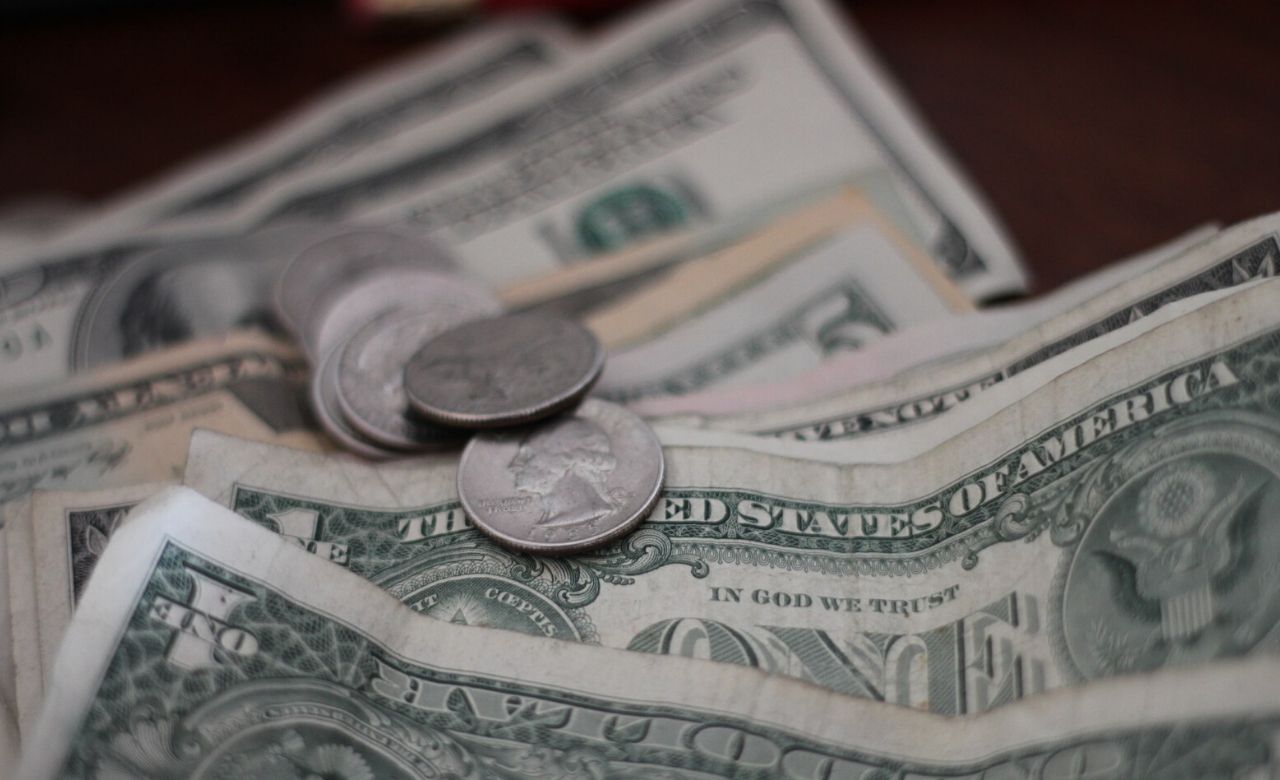The rules governing how to use money – manage, invest and spend it – aren’t always point-blank taught to you as you grow up, so it isn’t questionable why a lot of people don’t really have the basic knowledge about the right spending habits and how investment or budgeting works. Before you get into the advanced stuff about finances, we’ve broken down the basics that you need to learn first.
Manage your income
Yes, managing your income may seem a little bit overwhelming to think about as you automatically think numbers and paperwork, but remember it’s more than just balancing your books. Financial wellness also pertains to having the right mindset about money. Start making it a habit to practice the following.
Live below your means
Spend less than your earnings so as to allow room for savings. If you spend above your means, on the other hand, your little debts will add up and will soon balloon. We need to be prepared for emergencies, so never underestimate the habit of saving.
Think ahead
Before you take in an installment plan, make sure you know that you can definitely hit the dues and pay them all in time. Don’t make deals that you are skeptical about. Having a rainy day fund will also help you with unexpected expenses, and a retirement plan will help you manage your needs and finances when you have to stop working.

Invest
Spending your money to earn more money isn’t impossible. Through ways like investment accounts, starting a business, or attending school to get credentials to qualify for a better job are steps you can take to make your money work harder than you.
Choose your bank
It is very common for an individual to have a bank account to hold his/her savings and spending money. A bank will be able to hold on to your money for you, and you will be able to access your funds through a debit card and an ATM. It’s pretty easy to set up an account. Find a bank that suits your needs and charges least. One that is most accessible to your area and your lifestyle is also something to consider. Some accounts require minimum balances that you must maintain to keep your account. Some also have more fees than others. Have options before you stick to one bank so as to maximize your use and benefits.
Create a budget and stick to it!
Having a budget should help you track your expenses, manage your cash flow, and prevent possible problems financially. Even a basic budget will be beneficial so as not only to know where your money goes but also to develop good spending and saving habits.
To begin, add up your incomes from all sources and know how much you make in a month, then list down all the living expenses that you make regularly. Track your spending in the following month or two, and hopefully, you’ll end up with a bigger number listed under income rather than spending. If the latter sounds more like you, maybe you’ll need to rethink a few expenses. You may not actually afford them.
So now that you’ve made it a habit to track your cash flow, create budget allocations for each of your categories. Generally, around 50-60% of your income should go to regular payments like bills that keep coming every month. These are your more predictable spends. 10% of your income should go to your savings or investments (to make your money make more money). Your savings should consist of about 5-10% of your income. Your emergency fund should belong here, and this is where you should take money for vacations and big purchases like a TV. Last but definitely not the least, you should put away 20-35% of your earnings to guilt-free spending or things that make you happy. Going out for dinner and shopping for clothes can be placed under here.

Use your credit card wisely.
Having a credit card usually rubs people off the wrong way. They feel that having one to their name means that their income has extended. If you have a similar mindset, then that’s where you’re wrong. A credit card shouldn’t be used to buy things that you wouldn’t afford with your money on hand. Instead, it should be used to purchase things equivalent to the money you have in your bank that you’re ready to let go of per expense.
Credit cards are present to give people a bit of leeway to buy things without paying immediately. In short, it’s debt. The best thing to do is to pay off your credit card on time each month so as not to incur avoidable charges. Sometimes, paying on time even means you’re entitled to some rewards, whereas paying late means being charged even more interest. A helpful tip here is also to pay more than minimum each month, or else all your payments go straight to interests rather than your actual purchase. If you can’t control yourself when dealing with the temptation of charging things with your credit card, it’s best to remove it from your wallet.
It’s also beneficial to know about your credit score. This is the measure that financial institutions use to see how probable it is that you have the capacity to pay them back. Your score is a report of your history of use of the credit card, including schedules and amounts. The factors that affect your credit score are as follows: history of payments, debt-to-credit ratio, duration of credit history, kinds of credit, and credit checks.
Based on materials from Life Hacker
Aaron Roberts/Flickr
GotCredit/Flickr

